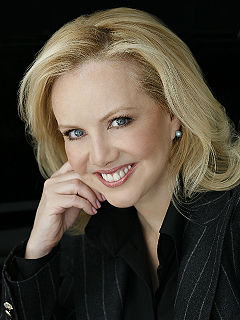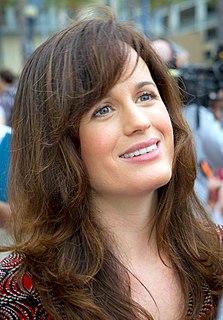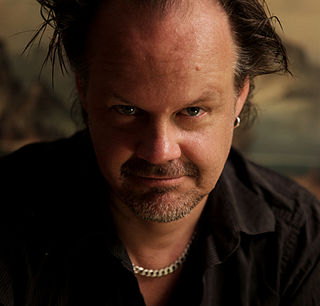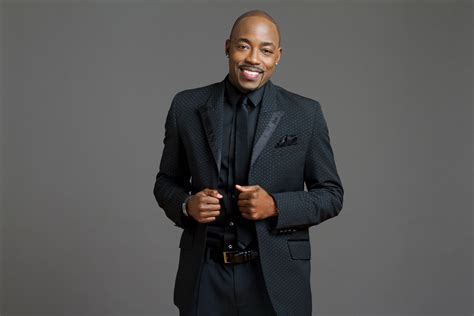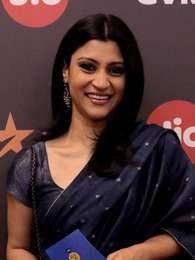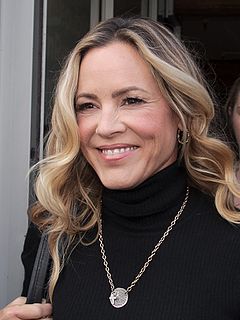A Quote by Jay Chandrasekhar
Filmmaking, at the end of the day, is really - in addition to the story and all of the equipment and the actors, it's really about time management. And so the smartest filmmakers are the ones who sort of pre-visualize the film in their head and are literally shooting the shots they need to cut the story together.
Related Quotes
Animation story boarding works differently than live action story boarding. The story crew along with a writer really does shape and create the film - the world and it's characters. We meet almost every day and brainstorm the plot of the film. It's a highly collaborative process - and we continue to improve the story until we literally run out of time.
I never intended to have a career as a journalist, writing about people who make movies. I did it as something that was really rewarding to do, given the opportunity to express myself about something I cared about, and also to learn a lot by watching filmmakers I admired. In a sense, it was my film school. After doing it for a few years, I decided that the time had come to get it together and do some work of my own. Even for a cheap movie, you need film stock and equipment and actors. Whereas to write, all you need is paper and an idea, so I felt that writing might be my stepping stone.
Also, to get to work with serious filmmakers on this kind of a movie, has elevated these movies. We were so lucky, as actors, that the crew of directors that we've gotten to work with are totally really super high-end filmmakers. But, Bill Condon had a vision and it was so specific. He's really passionate. I think he's taken the story to another level.
We write for actors and even down to the smallest character in the film, they all have their moment. You take that and you put it in a story that's in your face and there's tons of hardcore R action, nudity and you name it, but at the same time there really is a story there. It's got heart and at the end of the movie people will feel it. So I hope they'll their friends and want to see more.
I don't really have a method or a technical process. I studied [Sanford] Meisner, and that's the thing that really works for me. That sort of instinctual, in the moment, what the other actors do, working off them and letting the story unfold, as opposed to having an idea of what the story should be.
I became passionate about nature filmmaking when I graduated from UCLA, and one of the things I always wanted to do was shoot really high quality film, so I got into time-lapse photography - so that means when you shoot a flower, you're shooting, like, one frame every twenty minutes, so that's basically two seconds of a film per day.
You're in a movie, so you have to think about how something plays. It's not like you're thinking about how an audience is going to react. You're trying to present the story. You're trying to illuminate the lives of these people in the story. So I'm thinking about how my behavior as this character best illuminates what's going on with them in this moment in time. I always say it's sort of the director's job. People think that the directors direct actors. No. Really, what the director's doing is directing the audience's eye through the film.




